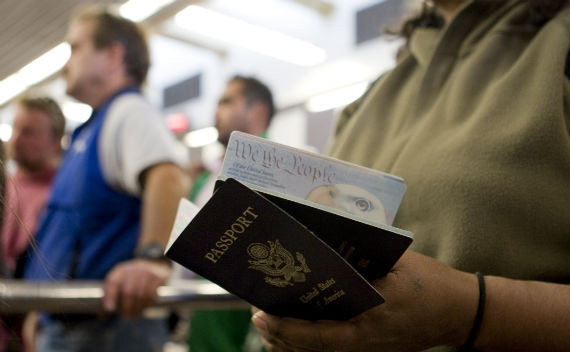Federal Shutdown and U.S. Embassies: Not Without Costs
By experts and staff
- Published
By
- John CampbellRalph Bunche Senior Fellow for Africa Policy Studies

As I write this, there remains a slight possibility that the federal government will not shutdown at midnight tonight, furlough all “non-essential” employees, and cease many of its functions. However, even if we are spared this time, Congress is clearly willing to use the threat or reality of a shutdown in the future. Shutting down the federal government is not solely a domestic matter. When it comes to American diplomacy, it’s not cost free.
I headed the political section of the U.S. Embassy in South Africa during the Clinton-era government shutdowns. I witnessed firsthand as South Africans called into question the reliability of the U.S. government and the embassy, not only as an employer but also as a partner in a host of public and private endeavors. I remember the shutdown was made highly visible by the multitude of posted signs announcing that our mission would be closed indefinitely.
Then and now, diplomats are regarded as “essential” employees and continue to work during a shut-down. However, the majority of U.S. federal employees at embassies overseas are locally engaged staff, usually nationals of the host country. They include almost all of the administrative staff and most of the consular, economic, political and public diplomacy specialists who directly support the work of the professional diplomats and keep routine but essential operations running. During a federal shutdown, these employees are sent home. So long as their furlough continues, they receive no pay. In the developing world, where most of our employees live paycheck to paycheck and accrue little personal savings, the consequences of no pay can be devastating. In South Africa, the embassy arranged for banks to make loans to furloughed employees; still the best the embassy could negotiate was a 22 percent rate of interest. Such interest rates are not unusual in much of the developing world for personal loans.
During the Clinton-era closures the embassy and consulates in South Africa continued to provide emergency consular services for American citizens. Unfortunately, visa services for non-Americans are not a matter of national security. Therefore, minus a miniscule number of humanitarian exceptions that had to be approved in Washington, we issued no business or tourist visas. Hence, most South African’s could not travel to the United States unless they already had a visa.
While it is hard to measure, the shutdown palpably reduced American prestige and undermined the attraction of our political system. Mockery that the “world’s greatest superpower” could not keep its government doors open was widespread. I regret that the same is likely to be true now.